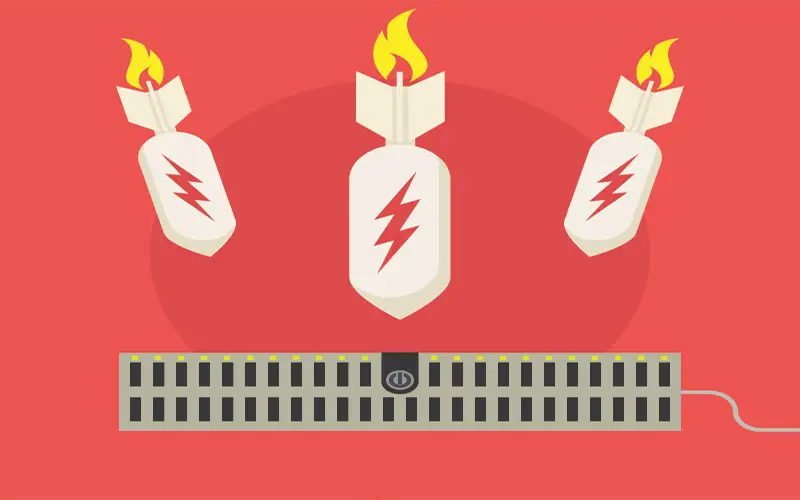Any business that runs with a computer and network has to know what DDoS is. Distributed denial of service (DDoS) refers to the process of sending too much data to a network from several systems to paralyze it.
Nature Of Distributed Denial Of Service Attacks
The motive of each attack determines its size and nature. Occasionally, an activist could be trying to make some political statement, but most often, the attack involves much data. Cybercriminals could sometimes perform a relatively small attack to tap into every resource of a server, router, intrusion prevention system, or firewall.
Why Businesses Have To Care About DDoS
Generally, DDoS attacks lead to much damage to the business victim that manifests as downtime and revenue loss. It could damage the reputation of that entity, particularly when it largely requires the internet service to function. This is why one has to perform whatever it takes to make their network and computer safe from distributed denial of service. Albeit an attacker effectively hacks into your computer, there should be sufficient measures to tackle the attack and thereby, prevent considerable damage. This should also include choosing a DDoS protection service from a web host like HostSailor.
Being Ready For DDoS Attacks
Even though your system is very secure, it might have some weaknesses that expose it to the likelihood of being attacked. Preparing for a fast response to a DDoS attack is just as significant as having a preventive mechanism established. A fast response to this attack could mitigate the amount of potential damage it causes.
DDoS attacks were a nightmare for large businesses, but today, even SMBs fall victim to these. A business that utilizes the internet might be vulnerable, so it should have a multi-layered security mechanism with the potential to fully protect sensitive workloads.
An attacker will continue to develop his or her threat landscape, but every security expert should continue to develop measures against DDoS. They can utilize any one of the fine DDoS protection solutions to make their system more secure. Be sure to equip your systems with more than one layer of security to make bypassing your security protocols trickier for an attacker.
Forms of DDoS Attacks
Various kinds of distributed denial of service attacks exist, and knowing about each could help to be better prepared for it. Better yet, the web hosting service provider HostSailor can help to defend any form of DDoS threat, including the following.
UDP Attack
In this DDoS attack, a hacker delivers numerous packets containing UDP (user diagram protocol) datagrams to network ports. That port will then deliver a response to each packet it gets, so it could just be overwhelmed fast.
Application-Layer Attack
A 7 DDoS attack is designed for targeting the top OSI network layer in which HTTP Post requests and HTTP GET requests happen. This DDoS attack uses up server resources and network resources, so it is effective.
Volumetric DDoS Attack
This kind of DDoS attack tries to use up the bandwidth of a computer network, so it is more common than others. It overwhelms the network with fake data requests received on the system’s every available open port. The computer will be busy handling considerable fake requests, so it will reject the genuine ones.






